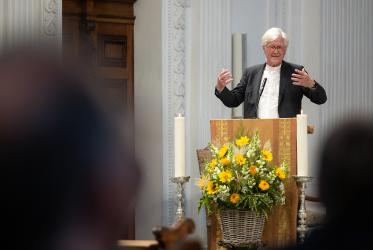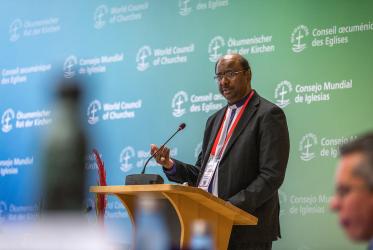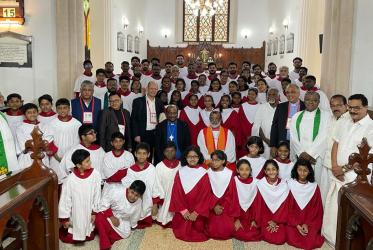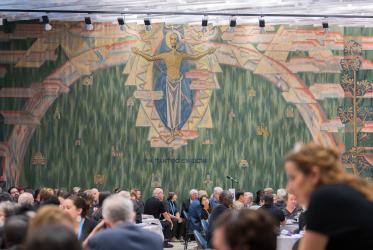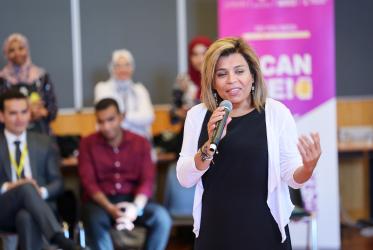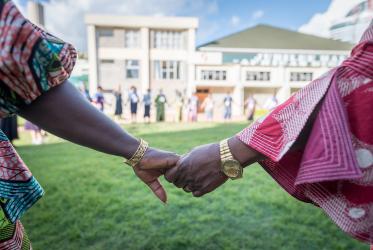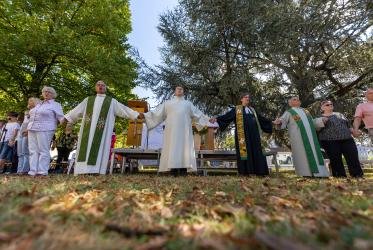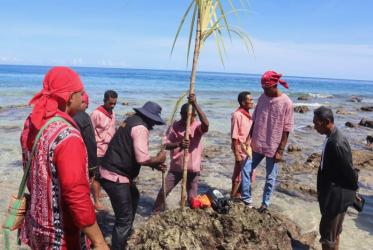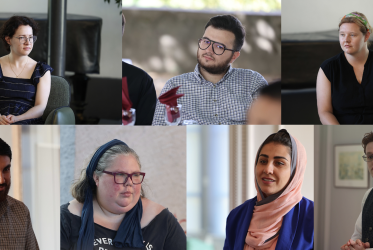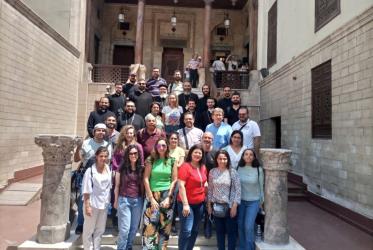Displaying 61 - 80 of 547
10 October 2023
Recommended Practices to Combat HIV-Related Stigma
A Guidebook for Local Faith Communities
05 October 2023
Faith Sector Implementation of the Global AIDS Strategy
05 October 2023
ACT Alliance general secretary: “equity is not negotiable”
26 September 2023
Greetings pour in to commemorate WCC’s 75th anniversary
22 September 2023
Celebratory event discusses Black leaders’ contributions to WCC
06 September 2023
Ecumenical International Youth Day 2023 Toolkit
Young People and Their Voices from the Warzones
26 July 2023
